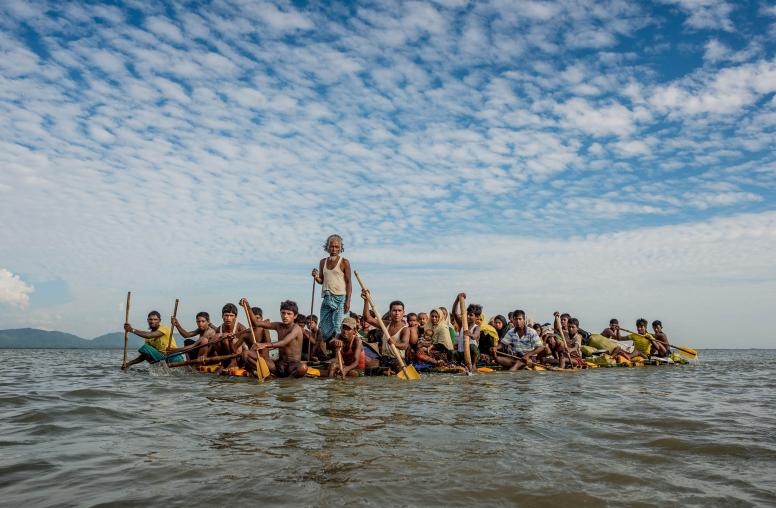Implementing a Unified Approach to Fragility: Lessons learned from Burma
U.S. Leadership and the Challenge of State Fragility Policy Briefs
The Fragility Study Group is an independent, non-partisan, effort of the Carnegie Endowment for International Peace, the Center for a New American Security and the United States Institute of Peace. The chair report of the study group, U.S. Leadership and the Challenge of State Fragility, was released on September 12. This brief is part of a series authored by scholars from the three institutions that build on the chair report to discuss the implications of fragility on existing U.S. tools, strategic interests and challenges.
Development, diplomacy, and defense advance U.S. interests in a world of rapid and complex transitions. Since 2010, considerable progress has been made to increase the capacity and co-ordination of these “three D’s” through integrated strategic planning and the rebuilding of the U.S. Agency for International Development’s (USAID’s) policy and planning functions. Nevertheless, embassies are often challenged to translate broad strategic goals into specific actions that combine the capabilities of development, diplomacy, and defense, particularly in complex transition environments. Integrating these tools does not suggest subordinating one to the other. Each is a distinct tool that brings a comparative advantage to U.S. foreign policy.
As practitioners in Mission Rangoon during a highly consequential and sensitive moment in the history of Burma (Myanmar) between 2012 and 2016, we offer lessons learned from our experience in seeking to integrate our operations to advance U.S. goals of reform. In that effort, only two of the D’s – diplomacy and development – were considered appropriate tools given the political and social moment in which we operated during those four years. As a result, what follows will spotlight our efforts to integrate those two D’s in particular, with a comment at the end about the unique context of U.S. defense engagement in Burma. This paper is written in support of the U.S. Institute of Peace’s Fragility Study Group project.



